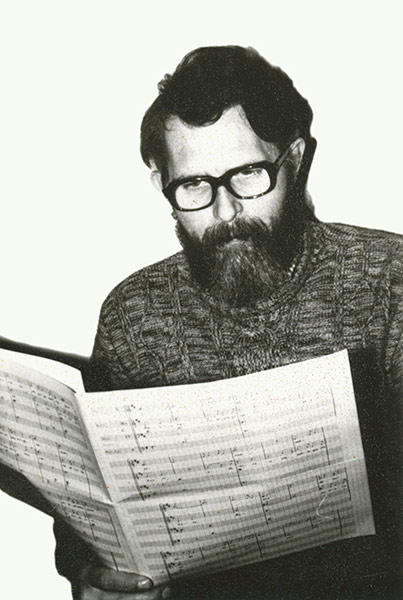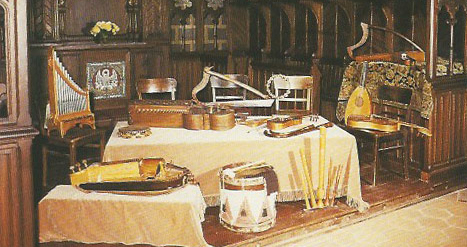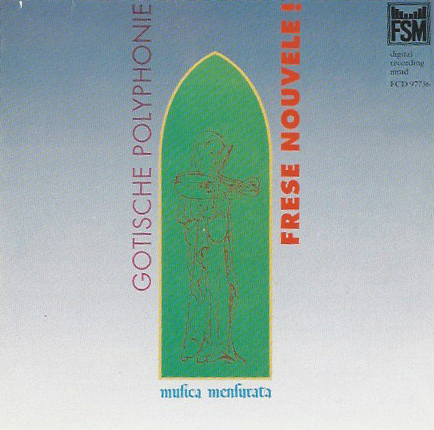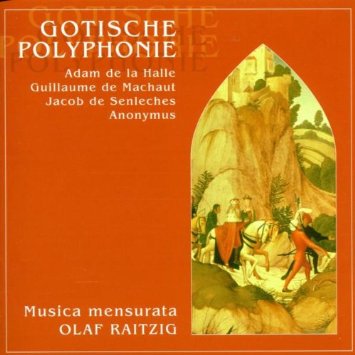Olaf Raitzig
Childhood and School Years
Olaf Raitzig was born on 23 September 1935 in Berlin, where until the outbreak of the war he spent a happy childhood growing up with his younger sister in a home where their parents introduced them early on to singing and music making.
To escape the wartime hardships the family at first moved to Eastern Prussia, where his grandmother had a farm. As an eight-year-old boy he would listen there to wonderful original music performed by the Ukrainian foreign workers; the purity of this music accompanied him throughout his musical life.
Later he attended an single-class village school in Thuringia, where from first to eighth grade the children were instructed together. They went searching for the rare pheasant’s eye (Adonis vernalis), calculated the volume of a potato, made a clay model of the entire village, and for the first time sang partsongs.
Vocational Training: From Car Mechanic to Musician
|
Later Olaf Raitzig was expected to attend secondary school and work towards his A-levels, but he wanted to become a car mechanic instead. From 1953 he worked in this profession in Weimar. At the same time he became increasingly enthusiastic about music. In 1955 he resumed his education and took his A-levels at the Berlin Arbeiter- und Bauernfakultät (People’s University), where he subsequently applied to study music. André Asriel of the “Hochschule für Musik Hanns Eisler” recognized his talent as a composer and recommended that he be admitted to the Conservatory. There Olaf Raitzig learned about medieval composers such as Guillaume de Machaut and Josquin Desprez. |
He heard recordings of songs by the Flemish composer Guillaume Dufay, performed by the Brussels ensemble “Pro Musica Antiqua” led by Safford Cape (which in terms of performance practice was to remain his ideal for the rest of his life). He was utterly mesmerized and decided to dedicate his future life to this kind of music. His favorite subjects were counterpoint, composition and music history; among his teachers were Günter Kochan (composition) and Fritz Höft (choral conducting). After Olaf Raitzig had to interrupt his studies for several years because of a nonconformist political remark, he was finally allowed in 1965 to take his final exams, which his examiner Ruth Zechlin honored with the highest grade. |
Musical Directorship of Amateur Ensembles
|
Olaf Raitzig began his musical career working for various cultural institutions as a choral conductor. When in the early 1970s the “GDR song movement” was called into life by the state, he found an ideal field of activity. He spent more than twenty years working as a freelance musician, directing more than fifteen vocal ensembles. He found working with interested lay singers highly rewarding – they were full of musical curiosity, always wanting to get to know and try out new repertoires. |
He composed and arranged hundreds of musical pieces and adapted them to the musical skills of the respective groups, frequently rearranging them according to the musical forces at hand. With his enthusiastic lay singers he rehearsed exquisite Renaissance madrigals. He taught them to use their various instruments to the greatest effect and encouraged them to dare write their own compositions, which he accompanied with great sensitivity. This inspiring atmosphere brought forth a great variety of programs, which were honored with numerous awards. |
Musicological Research on the Gothic Motets
|
Parallel to these varied activities, which secured his subsistence, after completing his studies he dedicated himself to his avocation – researching Gothic music of the 14th century. He was particularly fond of the motets of the “ars nova”, a period in music history lasting from 1320 to 1410. He learned the rules of the medieval notational systems, analysed the musical sources, of which he luckily was able to acquire a number of important copies, and studied the available writings of other musicologists. He transcribed the compositions from their mensural notation to modern scores and learned the old romance languages in order to be able to understand the original texts. He founded his own ensemble, the Berlin-based “musica mensurata”, which consisted of professional musicians who had at their disposal a considerable number of wonderful historical instruments. |
Under his direction and based on his transcriptions the group studied and rehearsed motets, rondeaux, ballads, and virelais, which they performed successfully in the castles of Central and Western Europe. In addition to their concert life the group recorded two LPs, which later were also released as CDs. For two years Olaf Raitzig studied mathematical statistics and wrote computer programs; he hoped by comparing the tenors of individual motets to find analogies that might allow him to draw conclusions regarding their date of origin and composer. In order to demonstrate the rhythmic structure of the ars nova motets more clearly, he began to create audio examples and until his death on 22 August 2008 produced a great many recordings. |




